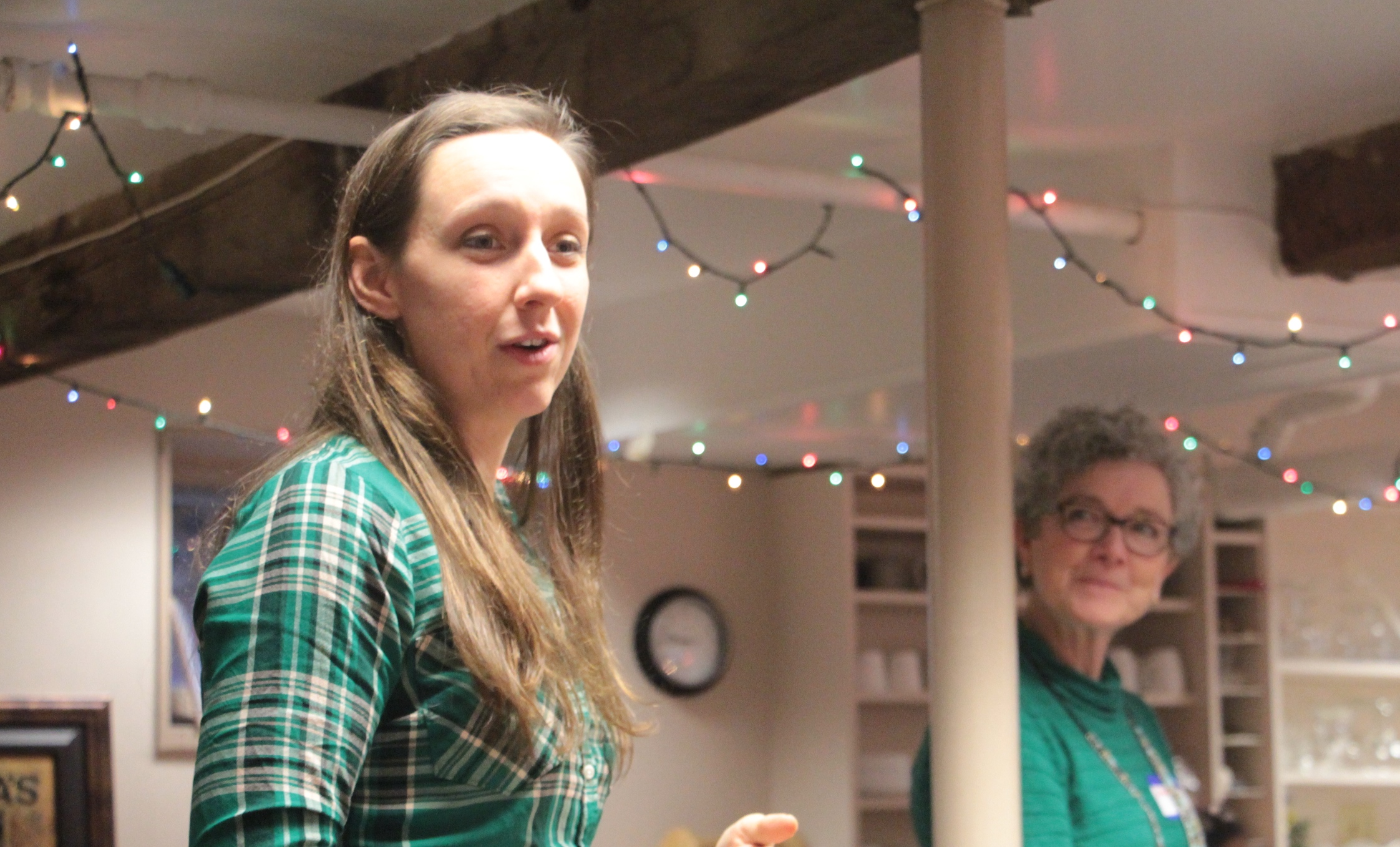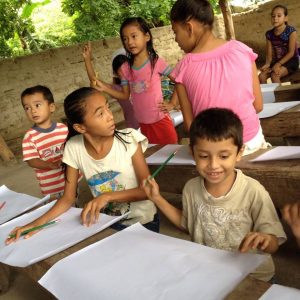Migration, Politics, Rights for Youth and Women
Sister Cities Volunteer Reflects on Immigration and Immigrants
By Catie Johnston, former volunteer in San Vicente and new Sister Cities Co-Coordinator
This weekend I went down to Houston to visit my host brother. The last time I saw him he was riding into the sunset in the back of a pickup truck, leaving El Salvador to try for the American Dream. I stood beside his mom, who at 33 years old, had just put the title to her home and small piece of land on a loan so her oldest son could go to a place where he might have a future. She didn’t cry until the next day, her son’s 18th birthday, because he wasn’t with us.
Now he is in Texas, and so is a whole clump of young people from Guajoyo. He shares an apartment with about 6 of his friends from back home, who when I showed up, talked for hours about how much they miss fishing in the Lempa River, growing corn in the foothills, and living life slowly and deliberately with their families. Some of them have been here for 9 years, and some just got here less than a month ago, and several of them have children who they left back in Guajoyo, and who motivate them to work construction jobs and live in hiding so they can send back a few hundred dollars — a fortune — to their families each month.
We went to a sort of Chinese-Central American fusion all-you-can-eat place filled with latinos on a Sunday afternoon in the outskirts of Houston. People in El Salvador love to talk about the buffets, where you can fill your plate as many times as you care to, one of the many legends from the Land of Possibilities. Over plates piled high with pupusas and general Tso’s chicken, they asked all about Guajoyo, the weather, the crops, the fiesta, the gangs, the soccer field. In a way, their lives are not their own. They have sacrificed ‘home’ so their families can survive, and everything they do is for those people who stayed behind.
From the buffet, they took me to the place where many of them work making wooden pallets. On the grounds of the work site is a small trailer home, and when we went inside I was met with another clump of Guajoyans, a few of them young women who I was hanging out with not too long ago back in El Salvador. They have created this little community and support network that feels just like an arm of Guajoyo in this strange land of unlimited Chinese food and English-speaking employers. They envy me for the fact that I can go back and forth between these two worlds, and they welcomed me into their world just as their families had done the same for me in Guajoyo. In a way, I am able to connect the two worlds, bringing tokens of love from one to the other, bringing encouragement and news.
While it is exciting to see these friends in my home state and see that they are doing well and supporting one another, it breaks my heart to know that they have left a gaping hole of youth in Guajoyo. There are hardly any young people left between the ages of 18 and 30 who haven’t made that northern journey, and I have a hard time imagining anything but the crumbling of the social structure with such a huge hole in the middle of the whole thing. What a tragedy that so many thousands — even millions — of people have to leave their homes, their families, and their communities to seek any kind of future.


